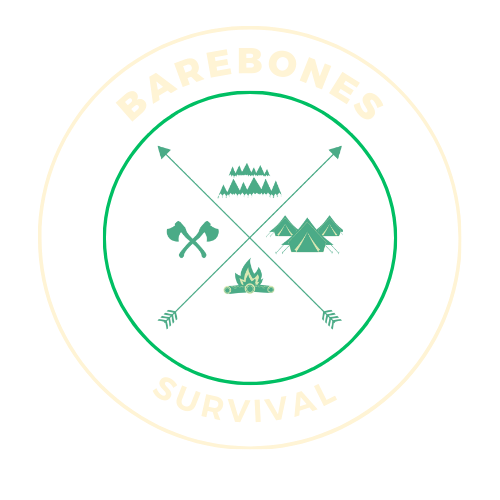© 2023 Barebones Survival. All rights reserved.

Camping is the art of deliberate escape. It’s about stripping away the trappings of modern life, breathing in the fresh air, and listening to the symphony of crickets in the serene depths of night. Whether you are a seasoned outdoor enthusiast or a complete novice, the call of the wild is universal, and camping is a perfect way to respond to it. But where do you begin? This comprehensive guide is designed to help you set foot on your very first campsite as confidently as a National Park ranger, or to enhance your next camping adventure with advanced tips and tricks.
The first step is to choose the best location for your camping trip. Consider the following factors:
When it comes to camping gear, less is more but know what you can’t go without:
Pack clothes that are appropriate for the weather and versatile:
For those who are ready to take their camping adventures to the next level, here are some advanced tips:
Camping is a beautiful juxtaposition of simplicity and adventure. With the right preparation and mindset, it can be an enriching experience that fosters a deep connection to nature and our primal selves. As you venture off into the serene expanse of the great outdoors, remember to treat the land with respect, leave it as you found it, and absorb every moment, for every gust of wind and rustle of leaves holds a story waiting to be heard. Happy camping!